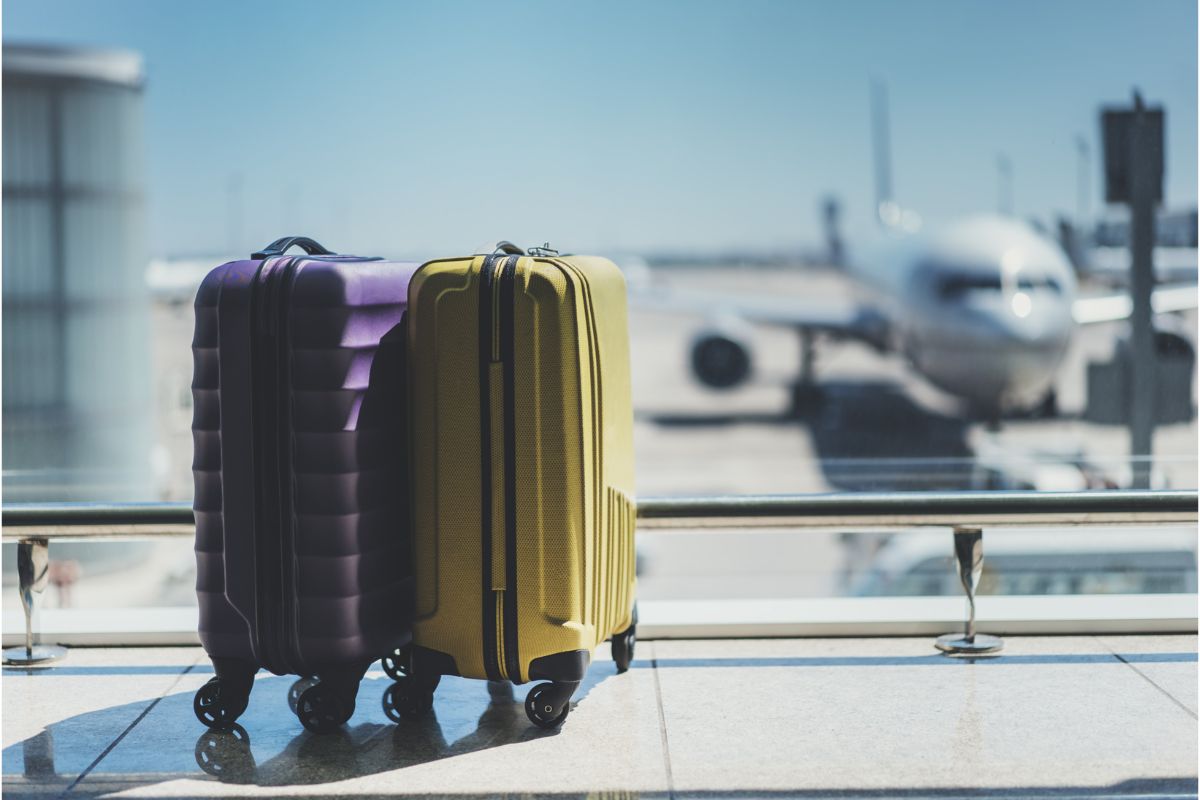In recent news, major US airlines like Alaska, American, and JetBlue, have announced hikes in their checked baggage fees. This move is a reflection of the industry’s ongoing struggle with escalating fuel and labor costs, compelling carriers to find new ways to maintain profitability.
A Strategic Shift in Baggage Handling
Airlines are now encouraging passengers to opt for pre-flight luggage check-in, a strategy aimed at streamlining operations at check-in desks and facilitating a smoother flow of passengers to their departure gates.
This change comes as airlines adapt to the financial pressures by adjusting their fee structures, especially for those checking their luggage at the airport or close to their departure time.
United Airlines Sets the Pace
United Airlines has been at the forefront of this trend, recently announcing an increase in checked baggage fees for travelers within North America.
Introduction of New Fees: Starting for travel after February 24, economy passengers will see an increase in checked baggage fees.
Fee Structure: The first checked bag will cost $40, with a reduced fee of $35 if paid in advance. For the second checked bag, the fee is set at $50, dropping to $45 with advance payment.
Exemptions and Discounts: Despite the fee hike, United Airlines is ensuring that select groups such as United Chase credit card holders, MileagePlus Premier members, and active military members continue to enjoy the privilege of free checked baggage.
Advance Payment Incentive: All passengers can benefit from a $5 discount on these fees by opting to prepay for their baggage online, encouraging a smoother check-in process and enhancing overall efficiency.
American Airlines Follows Suit
American Airlines has also revised its baggage fee policy, marking its first increase since 2018. The new fees are set at $40 for the first checked bag and $45 for the second on domestic flights, with discounts available for online transactions.
Additionally, the airline is adjusting fees for flights to Canada, Mexico, the Caribbean, Central America, and Guyana, aiming to balance the scales against inflation and operational costs.
JetBlue and Alaska Airlines Join the Trend
JetBlue Airways, known for its budget-friendly options, has doubled the checked baggage fees for last-minute check-ins, a move aimed at managing the “significantly” increased cost of doing business. Meanwhile, Alaska Airlines initiated the new year with a fee increase, adjusting the cost for a first and second checked bag to $35 and $45, respectively.
Why the Increase?
Baggage fees represent a crucial revenue stream for airlines, with recent data showing a 25% increase in baggage fee revenues in the first nine months of 2023 compared to 2019. The adjustments in baggage fees are a strategic response to the rising costs of labor and fuel, the largest expenses for airlines.
Carriers argue that such measures are essential for returning to profitability while maintaining the quality of service, including complimentary amenities like seatback TVs and high-speed Wi-Fi.
Conclusion
In conclusion, as airlines adjust to rising costs by increasing baggage fees, they’re also facing scrutiny from lawmakers and calls for transparency. These developments signal a period of change in the aviation industry, balancing financial sustainability with customer satisfaction.
Follow and connect with us on Facebook, Twitter, LinkedIn, Instagram and Google News for the latest travel news and updates!





